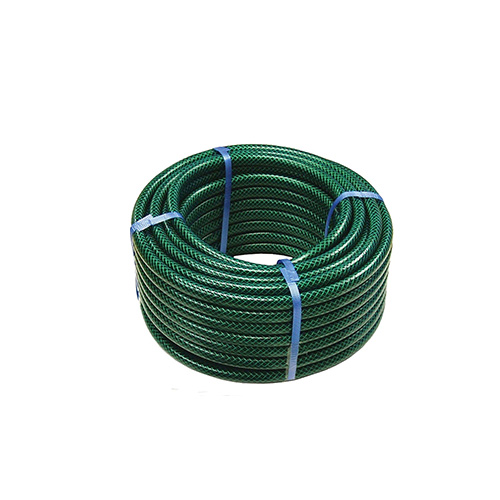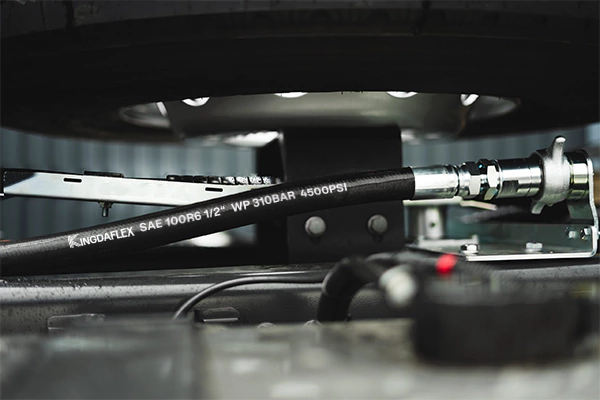Welcome to our comprehensive guide on dealing with common garden hose problems. As avid gardeners and enthusiasts ourselves, we understand the frustration that can arise when a crucial tool like a garden hose starts giving you trouble.
In this article, we’ll delve into the most prevalent issues gardeners face with their hoses and provide you with practical solutions and maintenance tips to ensure a smooth gardening experience.
Garden hoses are an indispensable tool for maintaining lush, vibrant gardens. However, like any equipment, they can present various challenges over time. This guide aims to provide you with clear, actionable solutions to these problems, allowing you to spend less time troubleshooting and more time enjoying your garden.
What Are Garden Hoses
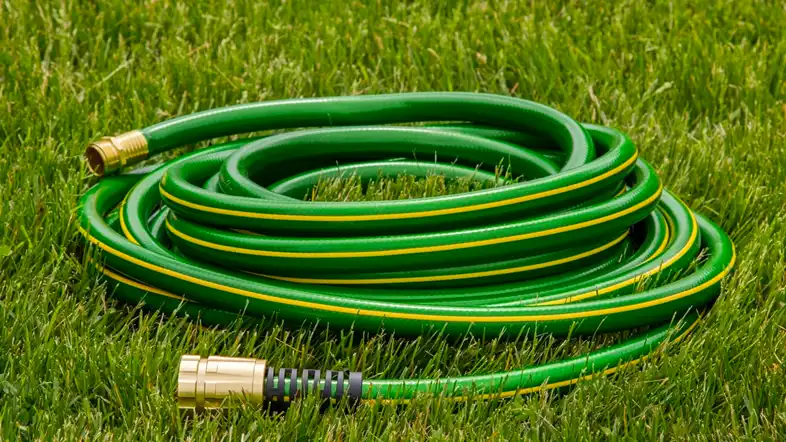
Garden hoses are flexible tubes designed to convey water from a water source to various locations in your garden. They are a fundamental tool for irrigation, enabling you to efficiently water your plants, lawns, and landscapes. These hoses come in a range of lengths, diameters, and materials to cater to different gardening needs.
Common Garden Hose Problems
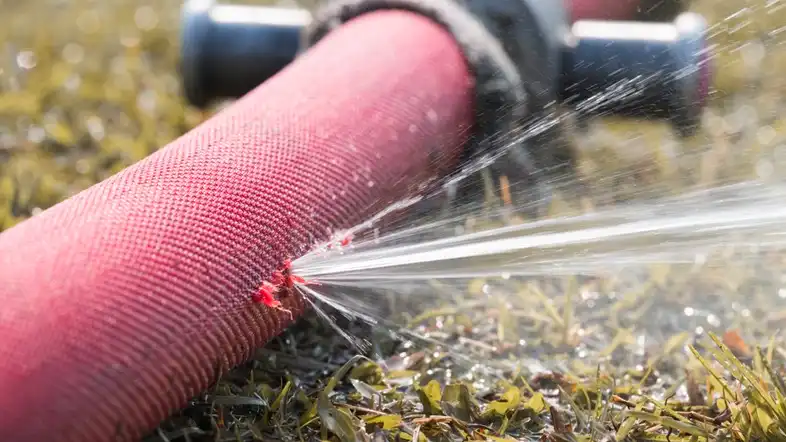
Garden hoses play a vital role in maintaining the lushness and vibrancy of our gardens. However, these essential tools are not without their share of problems that can hinder their performance.
Let’s dive deeper into the common garden hose problems to better understand their causes and how to address them effectively:
Kinks and Knots
One of the most common frustrations faced by gardeners is the formation of kinks and knots in the hose. These twists can hinder water flow and lead to frustrating tangles. To prevent kinks, invest in a hose with a durable, kink-resistant design. Additionally, make sure to fully unwind the hose before use, as this will reduce the likelihood of knots forming.
Leaks and Drips
A leaking garden hose not only wastes water but also dampens your gardening spirits. Leaks can occur due to damaged connectors or punctures. Regularly inspect your hose for signs of wear, and promptly replace any worn-out parts. To fix minor leaks, use waterproof tape or sealant, ensuring a watertight connection.
Low Water Pressure
Low water pressure can be frustrating, especially when you’re trying to efficiently water your plants. One common culprit is a clogged nozzle or connector. Regularly clean these components to ensure optimal water flow. If the issue persists, check for kinks and ensure your water source’s pressure is adequate.
Cracks and Wear
Exposure to weather extremes and rough surfaces can lead to cracks and wear in your garden hose. Regularly inspect the hose for signs of damage, and consider investing in a hose reel or hanger to keep it off the ground when not in use. If cracks are detected, patch them up using a hose repair kit or a cut-and-seal method.
Hose Length and Storage
Choosing the right hose length is crucial to efficiently covering your garden. Using a hose that’s too short will limit your reach, while an overly long hose can be cumbersome to manage. When storing your hose, make sure to drain excess water and store it in a cool, shaded area to prolong its lifespan.
Solutions and Maintenance Tips
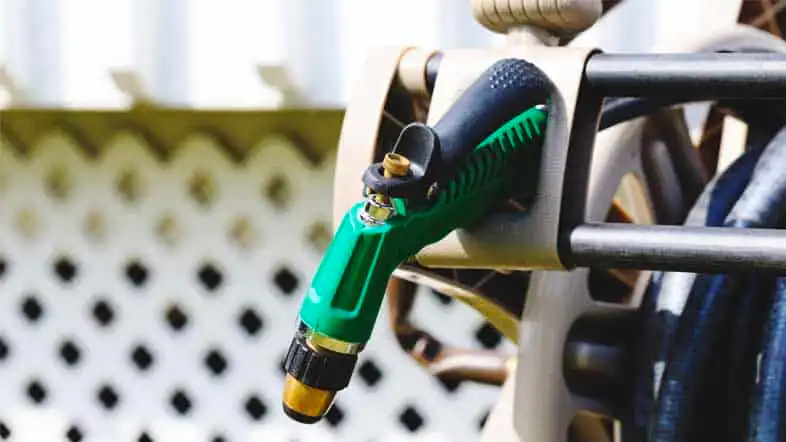
Preventing Kinks and Knots
Invest in a high-quality hose with a kink-resistant design. Prior to use, lay out the hose fully to eliminate any potential knots. Store the hose properly when not in use, avoiding sharp bends that can lead to kinking.
Fixing Leaks and Drips
Regularly inspect your hose for leaks, and replace damaged parts promptly. Use waterproof tape or sealant to address minor leaks. To prevent leaks, disconnect the hose after each use and store it in a protected area.
Boosting Water Pressure
Clean clogged nozzles and connectors regularly. Check for kinks and obstructions that might hinder water flow. Ensure your water source provides adequate pressure for efficient watering.
Repairing Cracks and Wear
Inspect your hose for cracks and signs of wear, especially after the gardening season. Utilize hose repair kits or cut-and-seal methods to address cracks. Consider using hose reels or hangers to prevent ground contact.
Proper Hose Length and Storage
Choose a hose length that suits your garden’s size, ensuring you can reach all areas without excessive length. Drain water from the hose before storing it in a shaded location, away from direct sunlight.
Conclusion
In conclusion, by addressing these common garden hose problems with our expert solutions and maintenance tips, you can enjoy a seamless gardening experience.
Remember, proper care and regular checks can extend the life of your hose, making your gardening tasks more efficient and enjoyable.
Related:
Why Your Hydraulic Hose Is Broken? Here Are Some Common Hydraulic Hose Damage Reasons

